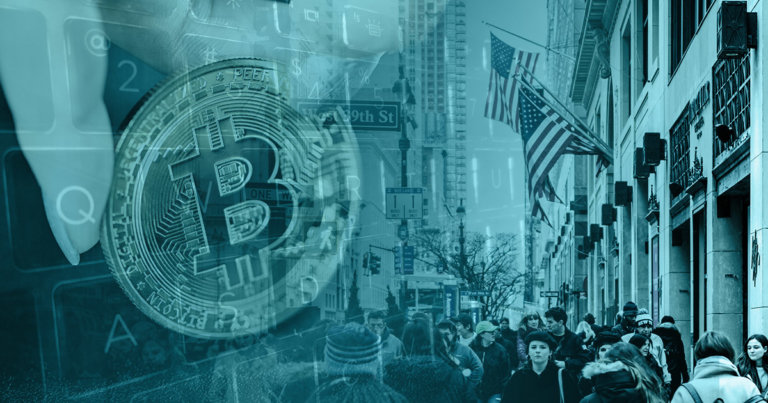 3 in 10 Americans share their crypto wallet password with others
3 in 10 Americans share their crypto wallet password with others 3 in 10 Americans share their crypto wallet password with others
While respondents to a recent poll felt secure about passwords for their online accounts, a survey showed that a lot of security issues are prevalent.

Cover art/illustration via CryptoSlate. Image includes combined content which may include AI-generated content.
Being one’s own bank comes with its own baggage and troubles, despite what most hardcore crypto proponents suggest one to do on social media. But asset security is no joke, even if you think your passwords are strong.
A case in point is a recent survey held by Beyond Identity. The password authentication company polled over 1,000 Americans on the topics of password creation and security, finding out a large number of people continued to rely on online password generators and regularly shared their passwords with others.
Even more striking was that three-quarters of all passwords were easily guessable by family members or close friends, owing to easy-to-guess attributes like birthdates or pet names use for one’s passwords.
Crypto holdings in focus
People were most interested in gaining access to the accounts of their romantic partners, while parents’ accounts came second on the list.
Of the polled individuals, findings related to cryptocurrency holdings included:
- Just 63.2% of people believe their crypto wallet passwords are safe
- 13% of people have had their crypto wallet hacked/compromised
- Nearly 3 in 10 people share their crypto wallet passwords with others
- 23.5% of people use a password generator for their crypto wallet, with Gen Zers most likely to do so
On average, respondent passwords were 15 characters in length. Some opted to use a password generator for their accounts, especially for online banking and work-related ones.
These generators are beneficial because they create strong, lengthy passwords for you at the push of a button, heavily reducing the chances of someone guessing your login information. However, hackers were still able to access accounts if they break into the database. And it’s no joke either: Billions of dollars have been lost to such attacks in the past year alone.
To effectively guess their victim’s password, nearly 40% simply used the information they already knew about the person, while the second most common method was to check their social media profiles. Gaining access to an email account clearly isn’t rocket science, but there are measures that can be taken to improve security.








































































































